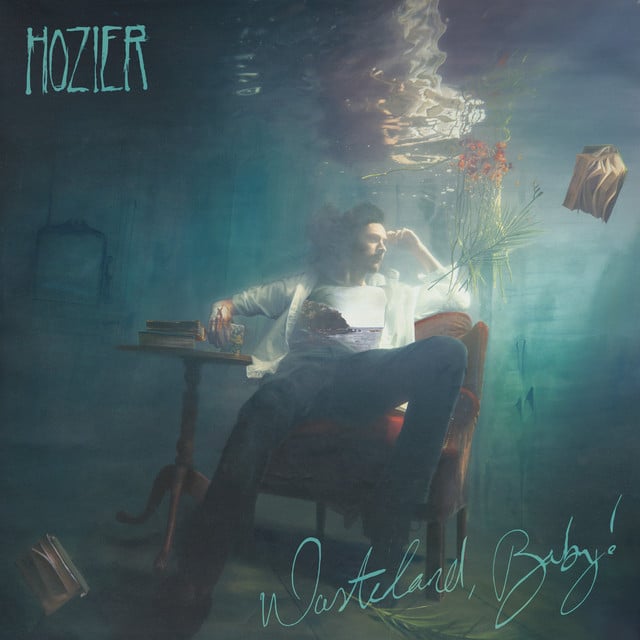Released: 2014
“Take Me to Church” by Hozier is a scathing critique of organized religion and its often toxic relationship with sexuality, wrapped up in the cloak of a love song. It uses powerful imageries and metaphors to portray a lover’s devotion juxtaposed with religious commitment.
The song starts off by setting a narrative where the lover is the embodiment of forbidden temptation (“She’s the giggle at a funeral”), signifying an unconventional, rebellious attitude towards rigid societal norms. By stating, “If the heavens ever did speak, she’s the last true mouthpiece,” the singer positions his beloved as divine, thus insinuating how love and religion can occupy similar spaces in one’s life.
When Hozier sings, “Every Sunday’s getting more bleak. A fresh poison each week,” he directly calls out the dogmatic aspects of organized religion, viewing it as something that brings more harm than comfort.
The chorus, “Take me to church, I’ll worship like a dog at the shrine of your lies…,” is a powerful commentary on blindly following religious rituals. He equates religion to ‘lies’ and himself to a ‘dog’ – usually seen as submissive or obedient.
The line, “Offer me that deathless death” is an allusion to the concept of spiritual immortality promised by religions. Simultaneously, it’s a declaration of surrender, displaying his readiness to give everything, even his life, in the name of love.
In the verse, “If I’m a pagan of the good times. My lover’s the sunlight…,” the singer embraces his paganism. He acknowledges his lover as the ‘sunlight’, a symbol of life-giving force, placing her above all religious deities.
“Drain the whole sea, get something shiny. Something meaty for the main course…,” delves into the territory of sacrifice, underscoring his readiness to give up everything for love. It’s aet against the backdrop of religious sacrifices, which often demand extravagant offerings to appease the gods.
As the song wraps up with the lines, “There is no sweeter innocence than our gentle sin… Only then, I am human, only then, I am clean,” Hozier pushes back on the idea that love or intimacy can be sinful. He instead proposes them as purifying experiences, humanizing and spiritually cleansing.
Overall, “Take Me to Church” is a rebellious anthem, addressing the tension between religious traditions and personal love and freedom. It serves as a critique of harmful religious practices while beautifully illustrating the sanctity found in love and intimacy.








